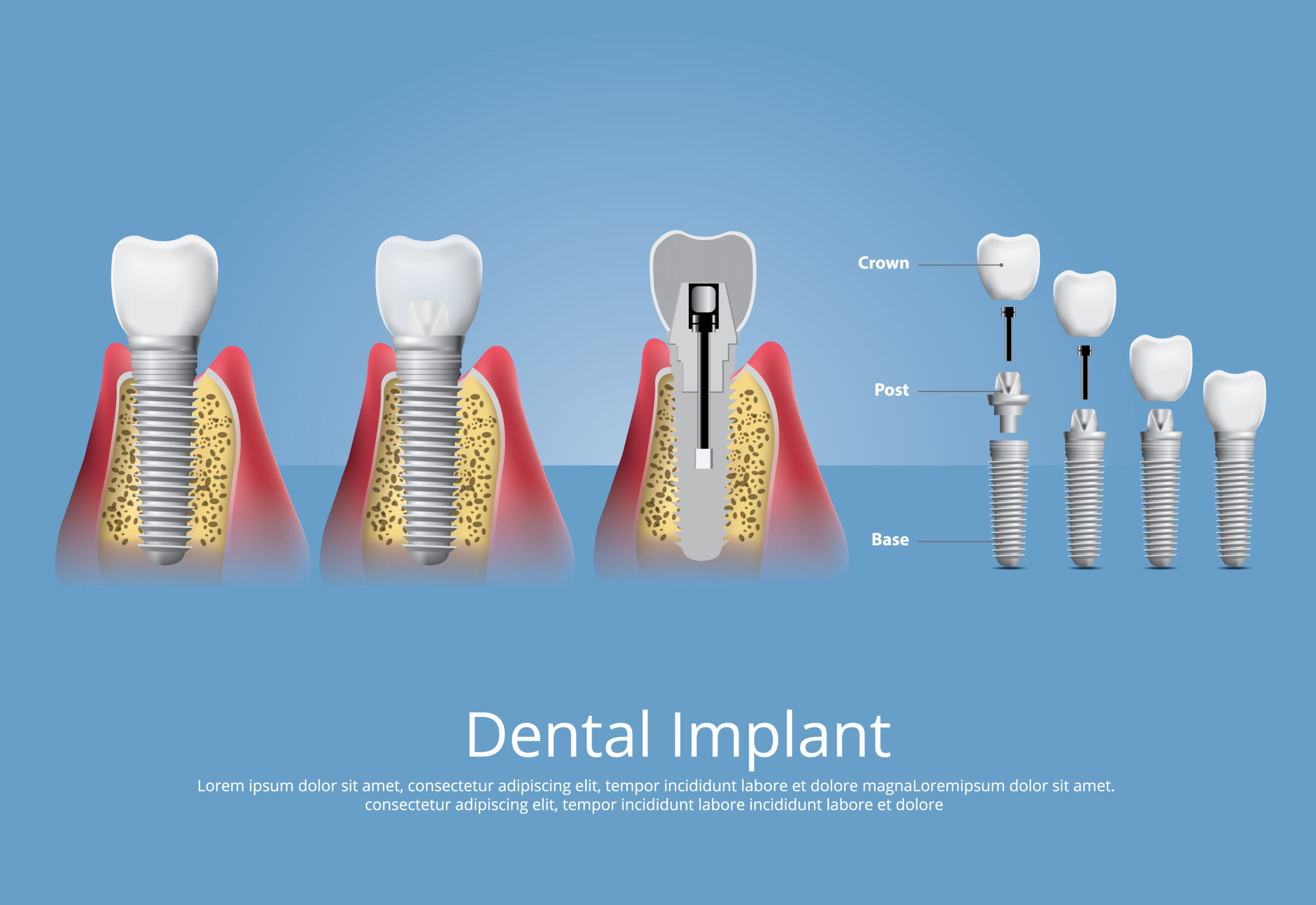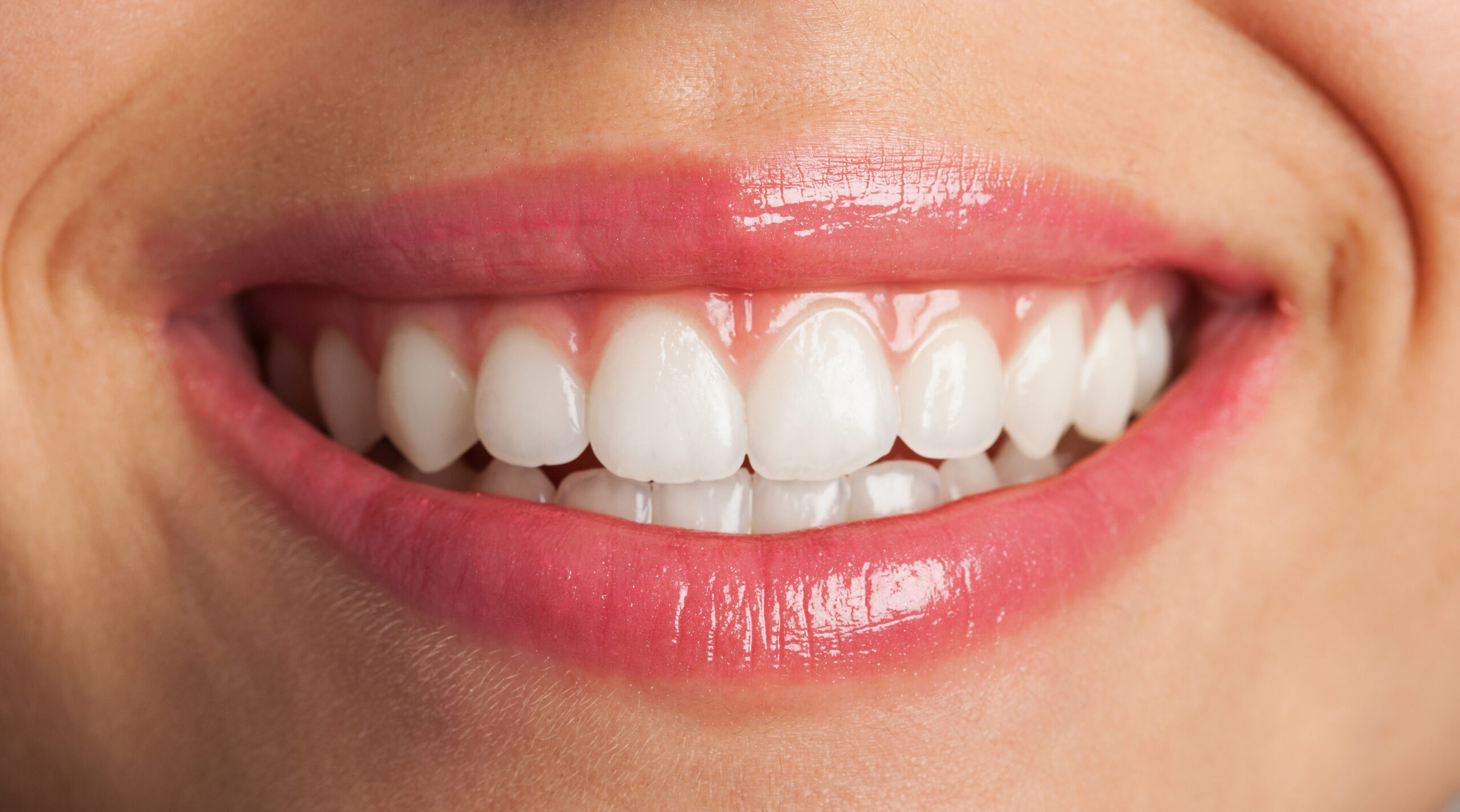Introduction Good dental hygiene plays a crucial role in our daily lives. Our teeth aren’t just for chewing food — they’re essential for clear communication and overall confidence. However, with age or certain dental conditions, many people lose their natural teeth. In such cases, complete dentures become the perfect replacement to restore function and aesthetics. But dentures, just like natural teeth, require proper care and daily cleaning. Without good hygiene, dentures can harbor bacteria, leading to bad breath, mouth infections, and discomfort. To help you maintain your oral health and keep your smile fresh, here are the five best ways to clean dentures effectively. 1. Clean Your Dentures Daily Just as you brush your teeth every day, cleaning dentures daily is essential. This removes food particles, plaque, and bacteria that accumulate throughout the day. Tip: Rinse your dentures after every meal to prevent buildup and maintain freshness. 2. Use the Right Denture Cleaner Regular toothpaste is too abrasive for dentures and may cause scratches. Instead, use one of the following options: For tablet cleaners: These cleaners help eliminate bacteria, stains, and food residue while keeping dentures odor-free. 3. Soak Dentures Overnight Before sleeping, remove your dentures and soak them in water or a denture-cleaning solution overnight. This serves two purposes: Always rinse your dentures thoroughly before wearing them in the morning. 4. Maintain Oral Hygiene – Gums, Tongue, and Mouth Cleaning your dentures alone isn’t enough — maintaining the cleanliness of your mouth is equally important. This helps remove bacteria, improves circulation in gum tissues, and prevents bad breath and oral infections. 5. Visit Your Dentist Regularly Even with proper care, regular dental check-ups are essential. Your dentist will: If you notice pain, discomfort, or looseness, visit your dentist promptly to avoid further issues. Conclusion Dentures are a true blessing for those who have lost their natural teeth, helping restore confidence, appearance, and function. However, keeping them clean and well-maintained is a daily responsibility that ensures comfort and long-lasting performance. By following these five simple steps — daily cleaning, using proper cleaners, soaking overnight, maintaining oral hygiene, and regular dental visits — you can enjoy a fresh, healthy, and confident smile every day.
Basal Dental Implants – A Complete Smile Restoration in Only 72 Hours
Introduction Basal dental implants represent a revolutionary advancement in modern dentistry, particularly for patients experiencing severe bone loss. Unlike conventional implants that often require bone grafting or sinus lifts, basal implants offer a minimally invasive, faster, and more effective solution for restoring both the function and aesthetics of natural teeth. What Are Basal Dental Implants? Basal dental implants are single-unit implants crafted from a biocompatible titanium alloy. Unlike conventional two-part implants, these are designed as a one-piece structure, where the implant and abutment are fused together. This unique design enables immediate loading, allowing patients to regain their chewing ability within just a few days after placement. The term “basal implantology” refers to the use of the basal (cortical) bone layer—a dense and stable section of the jawbone—for implant placement. Because this bone layer is naturally strong and regenerative, it provides exceptional stability, making basal implants ideal for immediate dental restorations. Benefits of Basal Dental Implants 1. Suitable for Severe Bone Loss Cases Basal implants are specifically indicated for patients with moderate to severe jawbone atrophy. They can be placed even when traditional implants are not possible due to insufficient bone volume. 2. No Bone Grafting or Sinus Lifts Required Unlike conventional implants, basal implants eliminate the need for bone augmentation or sinus lift procedures, resulting in a simpler, faster, and less invasive treatment. 3. Immediate Functionality One of the greatest advantages of basal implants is immediate loading—patients can begin using their new teeth within 72 hours of implant placement. This drastically reduces downtime and enhances quality of life. 4. Minimally Invasive Placement The procedure for basal implants is less traumatic compared to traditional implants. This means less pain, minimal swelling, and faster recovery for patients. 5. High Resistance to Infections The polished titanium surface of basal implants helps prevent plaque buildup, significantly lowering the risk of peri-implantitis and other oral infections. 6. Suitable for High-Risk Patients Thanks to their unique design and anchorage in the cortical bone, basal implants are ideal for patients often considered unsuitable for conventional implants — including smokers and diabetics. Steps for Immediate Loading of Basal Dental ImplantsDay 1: Assessment and Implant Placement The process begins with detailed diagnostics such as X-rays or 3D scans to assess bone structure and plan the treatment.Under local anesthesia, any compromised teeth are extracted, and basal implants are placed directly into the cortical bone.Soft and hard tissues are adjusted for a stable base, and impressions are taken to start the prosthetic framework in the dental lab. Day 2: Framework Construction A metal framework for the prosthetic is designed and fabricated.Patients can preview the size, shape, and alignment of their future teeth. Any necessary adjustments are made before finalizing the structure. Day 3: Final Prosthetic Construction and Placement The ceramic component of the prosthetic is completed and fine-tuned for function and aesthetics.Once approved, the final construction is permanently fixed, restoring a beautiful, functional smile and full chewing capability. Is the Permanent Reconstruction Always Done in 3 Days? While many patients receive their permanent restoration within 72 hours, others may opt for temporary teeth—especially if multiple extractions are needed.Temporary restorations allow soft and hard tissue to heal over 2–3 months, after which permanent teeth are placed for optimal comfort, function, and aesthetics. Conclusion Basal dental implants are a groundbreaking solution for patients with bone loss, offering immediate results, minimized surgical intervention, and long-lasting durability. With proper care and follow-up, they provide a reliable path from no teeth to a confident smile in just three days.
10 Easy Tips for a Healthy Mouth and a Flashy, Beautiful Smile
Introduction Are you tired of the same old dental routine? Beyond brushing twice a day, there’s a whole world of oral care secrets waiting to be discovered. This guide explores simple yet effective ways to elevate your dental hygiene routine and keep your teeth strong, healthy, and sparkling. 1. Hidden Sugars – The Sweet Enemy The truth about sugar:Sugar may seem harmless, but it’s a silent culprit behind many dental issues. When sugar meets the bacteria in your mouth, it produces acids that erode tooth enamel, leading to cavities and decay. Surprising sources:Sugar hides in more than just candies and desserts. You’ll find it in salad dressings, sauces, sports drinks, and even flavored coffees. What you can do: 2. Use Fluoride Toothpaste – A Must for Strong Teeth Why fluoride matters:Fluoride is a natural mineral that strengthens tooth enamel and helps prevent cavities. It acts like a protective barrier for your teeth. How much fluoride do you need? Personalized care:While fluoride is beneficial, it may not suit everyone—especially those with sensitivity or gum issues. Consult a dentist for personalized advice and product recommendations. 3. Stay Hydrated – Water is Your Mouth’s Best Friend Why water matters:Water isn’t just essential for your body—it’s vital for maintaining oral health. Staying hydrated helps your mouth stay clean and fresh throughout the day. Benefits of drinking water:




